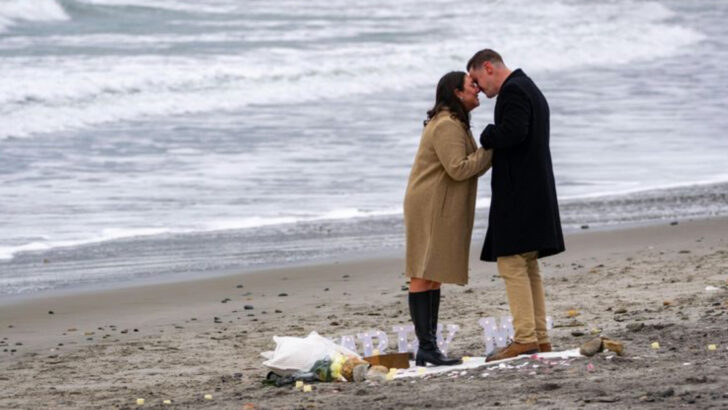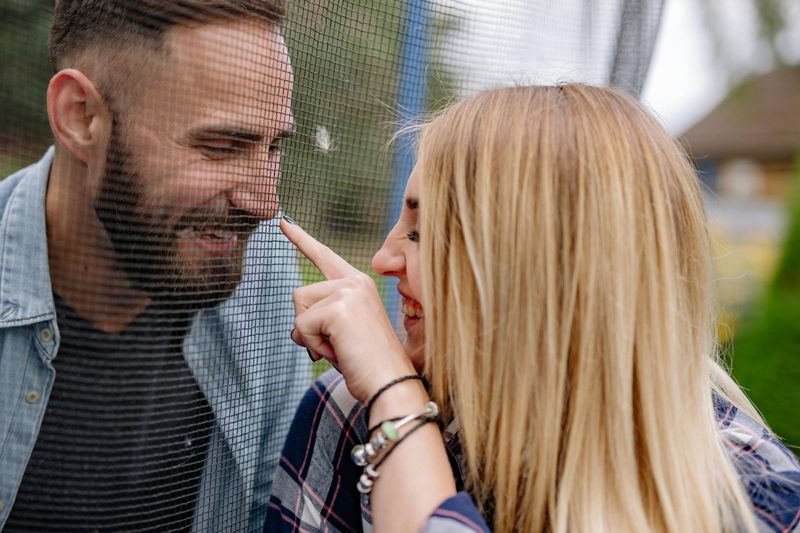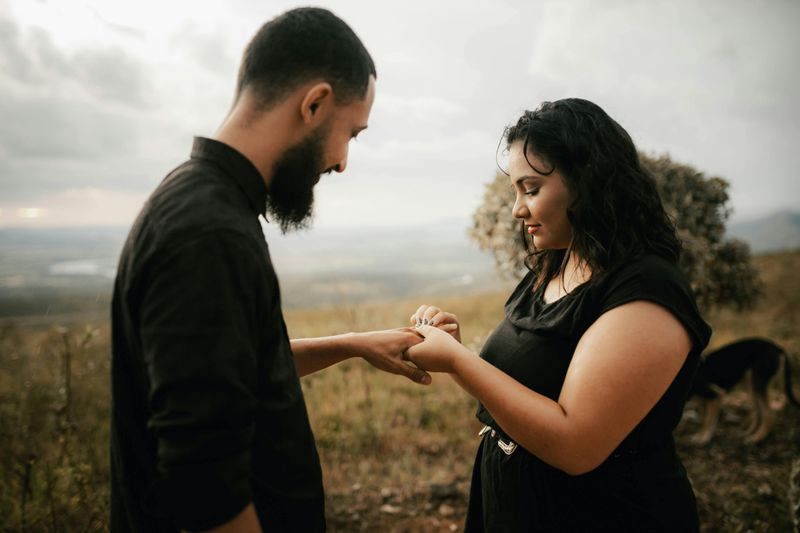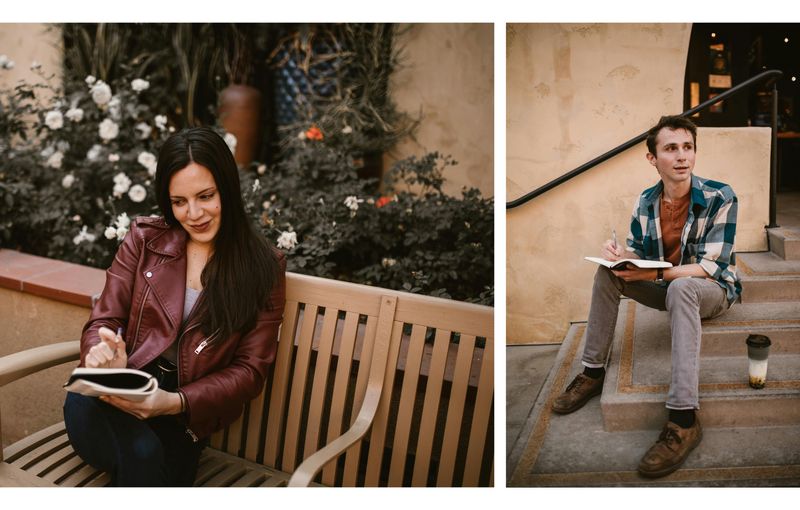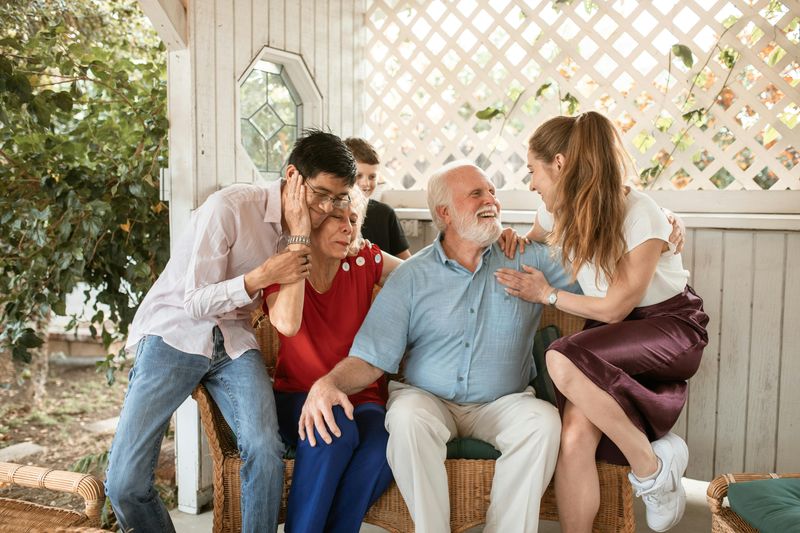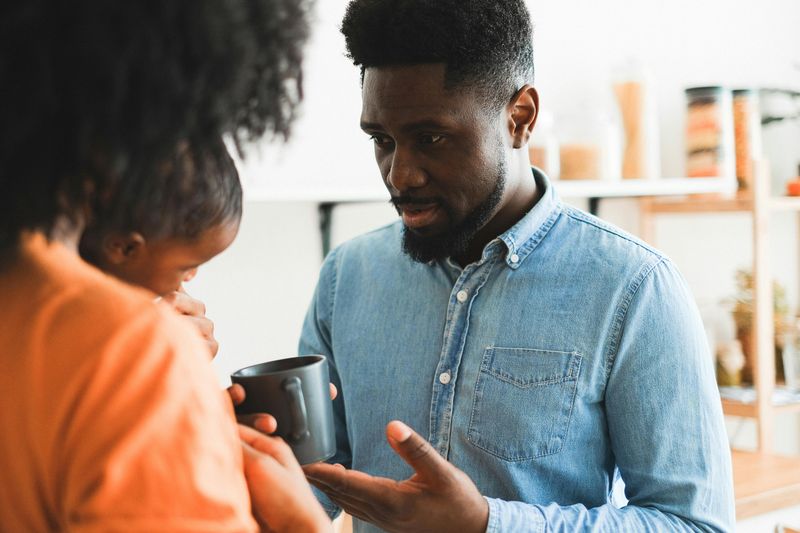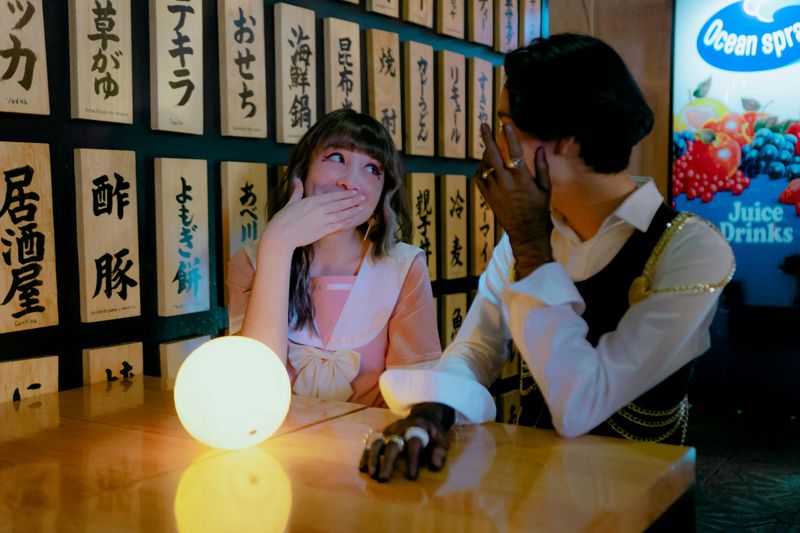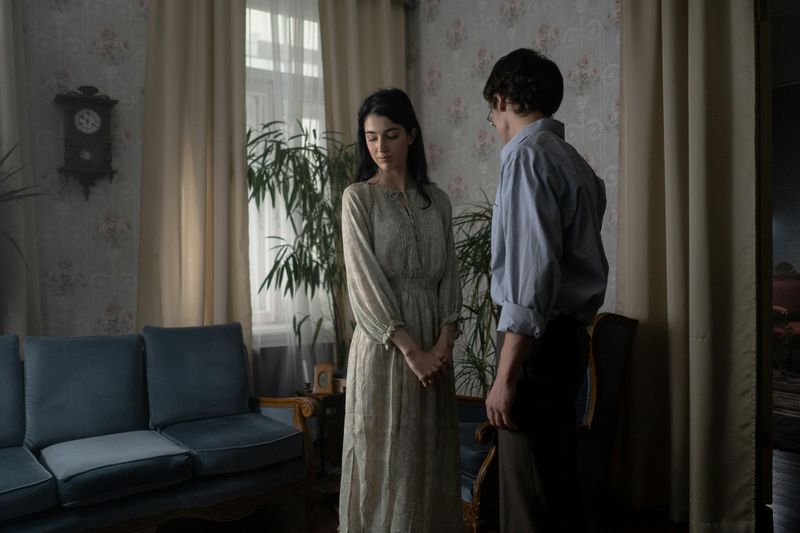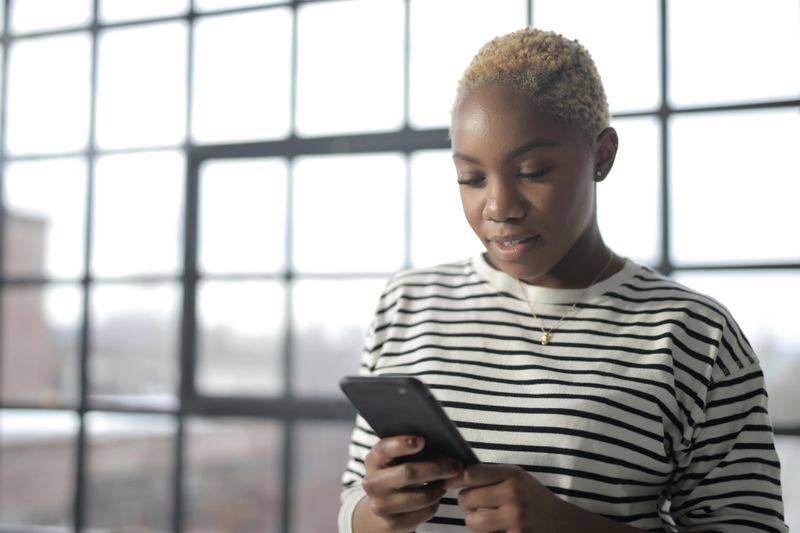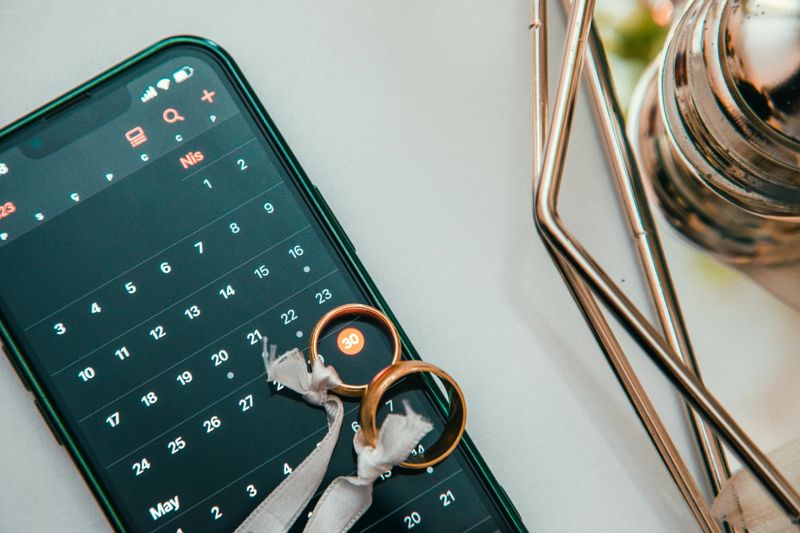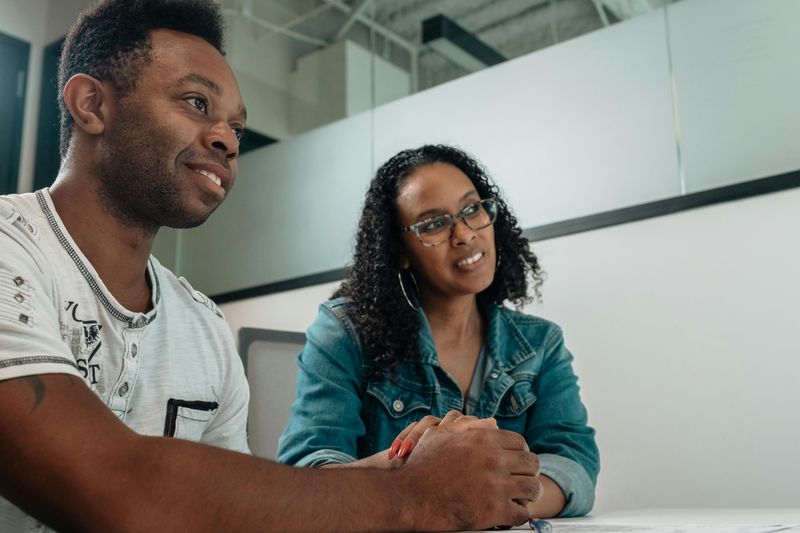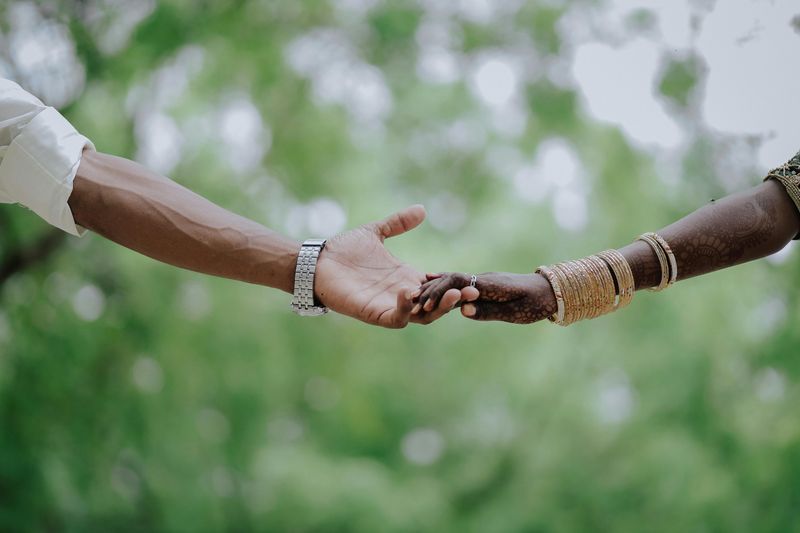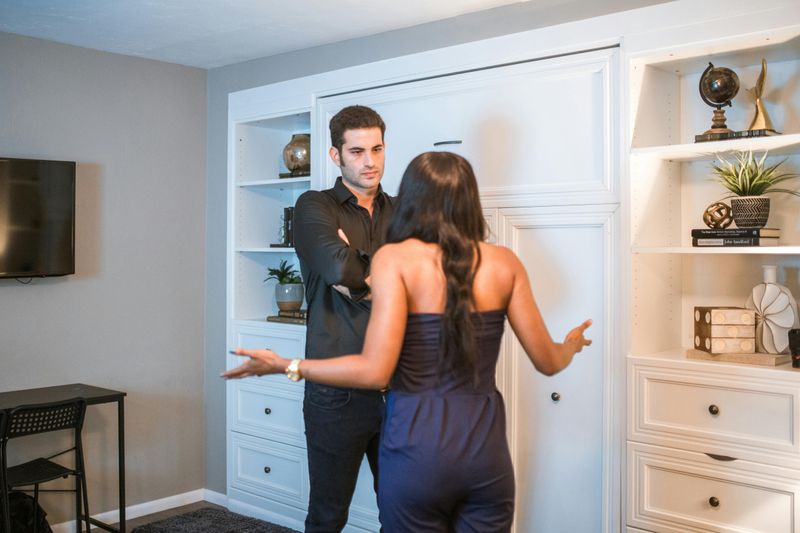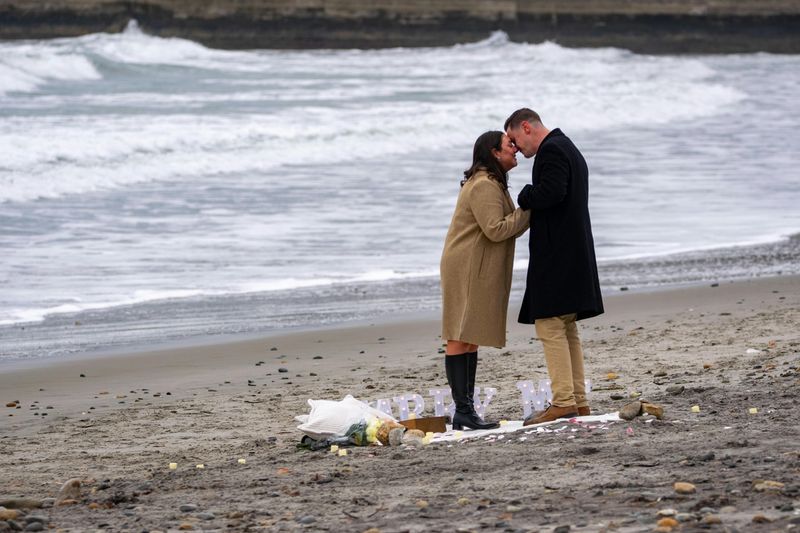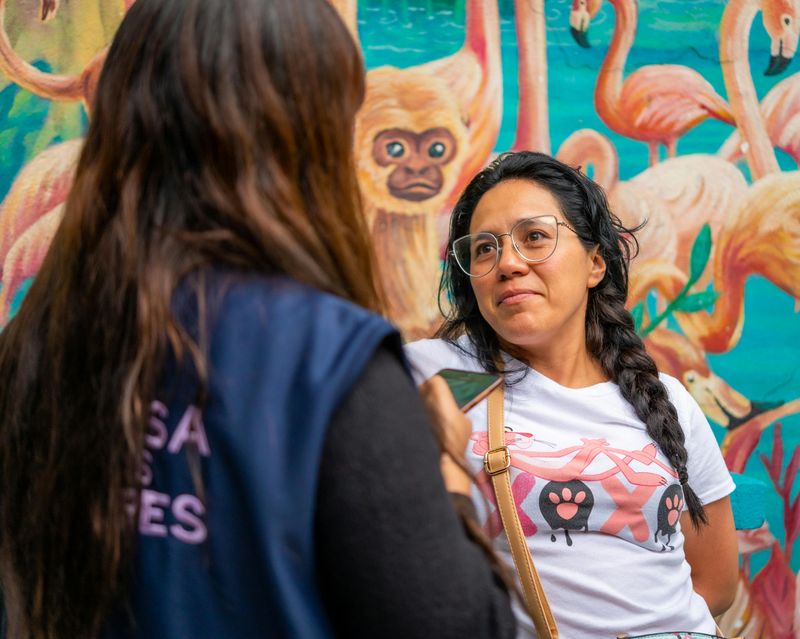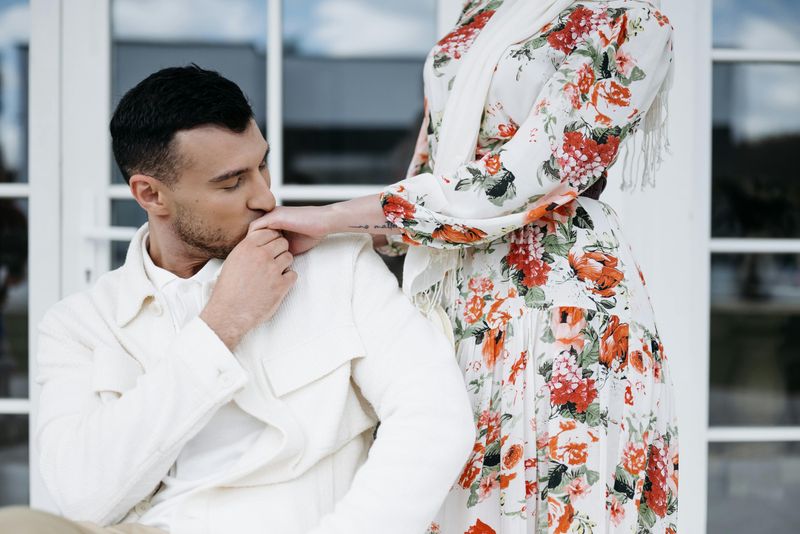Dating in your 30s is a whole new ball game compared to your 20s. It’s like playing the same sport but with a different set of rules and expectations. In your 30s, you generally have a better idea of what you want in life.
You’re more mature, your goals are clearer, and you might feel the tick of the biological clock or societal pressures more acutely. This post explores 30 key insights into the timeline of dating before engagement, especially when you’re in your 30s—a decade known for introspection and significant life decisions.
1. Prontidão pessoal
A preparação pessoal é como a fundação de uma casa - se não for sólida, tudo o resto pode desmoronar-se. Na casa dos 30 anos, é provável que tenha uma noção mais clara de quem é e do que quer. Mas reconhecer a sua prontidão emocional para o compromisso é crucial.
Em primeiro lugar, reflicta sobre as suas relações anteriores. O que é que aprendeu com elas? Estes conhecimentos podem orientar a sua atual relação. Em seguida, pense na sua saúde emocional. Está numa boa posição para partilhar a sua vida com outra pessoa? Ser honesto sobre a sua disponibilidade pode evitar arrependimentos futuros.
Por último, considere os seus objectivos profissionais e pessoais. Estão alinhados com os do seu parceiro? A sua disponibilidade não é apenas emocional, mas também tem a ver com as circunstâncias da vida. Ter estes aspectos em atenção pode tornar a transição para o noivado mais suave.
2. Compatibilidade da relação
A compatibilidade é mais do que apenas gostar dos mesmos filmes ou da mesma comida. É a cola que mantém as relações unidas, especialmente quando se enfrentam os desafios da vida. Na casa dos 30 anos, identificar a compatibilidade é mais fácil graças às suas experiências de vida.
Comece pelos valores e crenças. Você e o seu parceiro partilham valores semelhantes? Este alinhamento pode promover uma ligação profunda. Considere também as escolhas de estilo de vida - o vosso dia a dia está em sintonia? Isto pode ser tão simples como a forma como passam os fins-de-semana.
Não se esqueçam das visões a longo prazo. Falem sobre onde se vêem daqui a 5 ou 10 anos. Se os vossos caminhos se alinharem, isso é um forte sinal de compatibilidade. Ter estas conversas numa fase inicial pode evitar dores de cabeça mais tarde.
3. Alinhamento dos objectivos de vida
Alinhar os objectivos de vida é como garantir que ambos estão a remar na mesma direção. Se um quer viajar pelo mundo enquanto o outro sonha em estabelecer-se imediatamente, podem surgir conflitos.
Tenha uma conversa aberta sobre os seus sonhos e aspirações. Não se trata apenas de objectivos profissionais, mas também de ambições pessoais. Ambos querem ter filhos? Onde se vêem a viver?
Revisitar estas conversas regularmente é fundamental. A vida evolui, e os vossos objectivos também. Ser flexível e apoiar os sonhos um do outro pode fortalecer a vossa ligação e tornar a decisão de ficarem noivos mais harmoniosa.
4. Opiniões de familiares e amigos
A opinião da família e dos amigos pode influenciar a sua decisão de ficar noivo, quer queira quer não. Na casa dos 30 anos, pode sentir-se mais pressionado por estas vozes externas.
Listen to their advice, but remember they’re not living your life. They might offer valuable perspectives, especially if they know you well. However, prioritize your happiness and your partner’s above all.
É essencial equilibrar estas opiniões com as suas próprias necessidades. Seja respeitoso, mas firme nas suas escolhas. É a vossa relação, e só vocês sabem o que é melhor para ambos.
5. Comunicar sobre os prazos
Falar de prazos de noivado pode ser complicado, mas é crucial para evitar mal-entendidos. Aborde este tema com honestidade e abertura.
Comece a conversa naturalmente, talvez quando estiver a discutir planos para o futuro. Exprima os seus pensamentos e ouça as opiniões do seu parceiro. O objetivo é encontrar um terreno comum e compreender as expectativas do outro.
Lembre-se, não se trata de uma discussão única. Revisite-a à medida que a sua relação evolui. Uma comunicação aberta ajuda a alinhar os vossos calendários e a tornar a viagem até ao compromisso mais suave.
6. Equilíbrio entre decisões emocionais e lógicas
Decidir ficar noivo não é apenas uma questão de amor; é também uma questão de considerações lógicas. Na casa dos 30 anos, equilibrar estes aspectos torna-se um pouco mais fácil com a maturidade.
Faça uma lista das razões emocionais para ficar noivo - o seu amor, ligação e experiências partilhadas. Depois, considere o lado lógico - estabilidade financeira, planos de carreira e objectivos familiares.
Encontrar um equilíbrio ajuda a tomar uma decisão que parece correta, tanto a nível emocional como prático. Garante que o seu noivado é um passo em frente tanto no seu percurso pessoal como no vosso percurso comum.
7. Sinais de que está pronto
Saber quando se está pronto para um compromisso implica ouvir a sua voz interior. Na casa dos 30 anos, esta intuição é muitas vezes mais apurada.
Sentimentos de paz e de entusiasmo ao pensar no futuro com o seu parceiro podem ser indicadores. Se estão a planear um futuro juntos naturalmente, isso é um sinal forte.
Além disso, se os desafios parecerem ultrapassáveis em conjunto e o seu parceiro apoiar o seu crescimento, estes são sinais positivos. Confie nestes sentimentos, pois eles podem guiá-lo no sentido de tomar a decisão certa.
8. Prazos únicos para todos
Não há duas relações iguais, nem os seus prazos. Na casa dos 30 anos, é fundamental lembrar que o que é correto para um casal pode não ser para outro.
Alguns podem sentir-se preparados após alguns meses, enquanto outros demoram anos. O segredo é encontrar um ritmo que seja confortável para si e para o seu parceiro.
Ignorem as pressões da sociedade ou as comparações com os amigos. A vossa história de amor é única e seguir a vossa linha do tempo é o que realmente importa.
9. Influências culturais
As influências culturais podem desempenhar um papel importante na decisão de ficar noivo. Podem moldar as suas crenças e expectativas sobre os prazos.
Na casa dos 30 anos, é possível que se sinta mais ligado às suas raízes culturais. Esta ligação pode orientar a sua viagem de noivado. Fale com o seu parceiro sobre as suas influências culturais e ouça as dele.
O respeito e a compreensão das origens de cada um podem criar harmonia. Trata-se de combinar tradições e visões modernas para encontrar o que funciona melhor para ambos.
10. Estabilidade financeira
A estabilidade financeira influencia muitas vezes a decisão de ficar noivo. Na casa dos 30 anos, este aspeto torna-se mais importante quando se pensa em construir um futuro em conjunto.
Discutam abertamente os vossos objectivos financeiros e a situação atual. Não se trata apenas de ter uma conta poupança sólida, mas de compreender os hábitos de consumo e os planos futuros de cada um.
A compatibilidade financeira pode aliviar muitas pressões. Saber que ambos estão na mesma página em termos financeiros pode fazer com que a decisão de noivado seja mais segura.
11. Maturidade emocional
A maturidade emocional é a pedra angular de um compromisso bem sucedido. Na casa dos 30 anos, é provável que tenha crescido nesta área, o que faz com que seja uma altura crucial para o compromisso.
Reflictam sobre a forma como lidam com os conflitos. Conseguem ambos resolver os desacordos com calma? A maturidade emocional tem a ver com a capacidade de comunicar eficazmente e de se apoiarem mutuamente.
Esta maturidade envolve também a compreensão das suas emoções e a empatia para com os sentimentos do seu parceiro. É uma base sólida para qualquer casal de noivos.
12. Lições de relacionamentos passados
As lições de relações passadas podem orientar a sua decisão atual de compromisso. Na casa dos 30 anos, estas experiências são professores valiosos.
Pense no que funcionou e no que não funcionou em relações anteriores. Estes conhecimentos podem ajudá-lo a evitar erros do passado e a promover uma relação mais saudável.
Utilize estas lições para comunicar melhor e construir uma parceria mais forte. São passos para um compromisso bem sucedido.
13. Confiança e honestidade
A confiança e a honestidade são a base de qualquer relação forte. Na casa dos 30 anos, estes elementos são ainda mais importantes quando se pensa num compromisso.
Avalie o grau de abertura que tem com o seu parceiro. Consegue partilhar os seus pensamentos e sentimentos sem receio de ser julgado? A transparência é fundamental.
Criar confiança leva tempo, mas vale a pena o investimento. Garante que o seu compromisso se baseia numa parceria sólida e verdadeira.
14. Interesses partilhados
Os interesses partilhados podem melhorar a sua relação e construir uma base de compromisso mais forte. Na casa dos 30 anos, encontrar estes pontos em comum pode ser mais gratificante.
A prática de passatempos em conjunto acrescenta diversão e entusiasmo à vossa relação. Não se trata apenas de ter interesses semelhantes, mas de apreciar e participar nas paixões um do outro.
Estas experiências partilhadas criam memórias e aprofundam a vossa ligação. Tornam mais apelativa a ideia de passar uma vida inteira juntos.
15. Como lidar com relações à distância
As relações à distância podem pôr à prova o seu empenhamento, mas também o podem fortalecer. Na casa dos 30 anos, lidar com esta dinâmica pode ser diferente.
A comunicação é vital. Visitas regulares e conversas honestas sobre os seus sentimentos ajudam a colmatar o fosso. Planear visitas e actividades partilhadas, mesmo virtualmente, mantém a ligação viva.
A confiança e o compromisso são testados em situações de longa distância. Se conseguirem ultrapassar estes desafios, isso é um forte indicador da resiliência da vossa relação e da sua prontidão para o compromisso.
16. Lidar com a bagagem do passado
Todos nós temos bagagem do passado, mas a forma como lidamos com ela pode influenciar o nosso percurso de noivado. Na casa dos 30 anos, é frequente estar mais preparado para lidar com estas questões.
Reconheça o seu passado e discuta-o com o seu parceiro. Compreender e curar-se de experiências anteriores pode evitar que estas afectem a sua relação atual.
Trabalhem para deixar o passado para trás e construam um novo capítulo juntos. É um passo crucial para um noivado feliz e saudável.
17. Navegar nas mudanças de carreira
As mudanças de carreira são comuns na casa dos 30 anos e podem ter impacto na sua relação e nos seus planos de noivado. É uma altura em que muitos reavaliam os seus percursos profissionais.
Discuta estas mudanças com o seu parceiro. Compreender as aspirações profissionais de cada um ajuda a alinhar o vosso futuro em conjunto.
Ser solidário e flexível durante as transições de carreira fortalece a vossa parceria. Mostra que estão empenhados no crescimento e na felicidade um do outro.
18. O papel da tecnologia
A tecnologia desempenha um papel importante nas relações modernas, incluindo o caminho para o compromisso. Na casa dos 30 anos, pode ser uma ferramenta útil.
Use technology to stay connected, especially if you’re apart. Video calls, messaging apps, and shared calendars help in planning and maintaining intimidade.
No entanto, assegure-se de que a tecnologia melhora e não perturba a sua relação. Deve ser um meio de ligação e não uma fonte de tensão.
19. Gerir as expectativas
As expectativas podem fazer ou desfazer uma relação. Na casa dos 30 anos, geri-las é crucial para um compromisso feliz.
Discuta abertamente as suas expectativas. Quer se trate de rotinas diárias ou de planos futuros, ser claro evita mal-entendidos.
Lembre-se, a flexibilidade é fundamental. A vida pode ser imprevisível, e ser adaptável fortalece os vossos laços e prepara-os para um noivado harmonioso.
20. Planeamento para crianças
A decisão de ter filhos é importante num noivado. Na casa dos 30 anos, este tema é frequentemente abordado.
Falem sobre os vossos desejos relativamente à paternidade. Compreender a opinião do outro sobre quando ou se querem ter filhos é crucial.
Estas conversas ajudam a alinhar os vossos objectivos de vida e preparam-vos para o futuro. Asseguram que o vosso noivado é um passo em direção a uma visão partilhada.
21. Manter a individualidade
Manter a individualidade é importante mesmo quando se pensa num compromisso. Na casa dos 30 anos, este equilíbrio torna-se mais claro.
Persiga os seus interesses e passatempos. São eles que fazem de si quem é e mantêm a relação fresca.
Apoiar a individualidade de cada um fomenta o respeito e a apreciação. Reforça a vossa ligação e torna a perspetiva de um compromisso mais excitante.
22. Lidar com as pressões externas
As pressões externas podem influenciar a sua decisão de noivado. Na casa dos 30 anos, é importante estar consciente destas influências.
Identificar as pressões da sociedade, da família ou dos amigos. Reconhecê-las ajuda a fazer escolhas conscientes.
Concentre-se no que você e o seu parceiro querem. Dar prioridade às necessidades da sua relação em detrimento de vozes externas conduz a um percurso de envolvimento mais autêntico.
23. A importância do compromisso
O compromisso é essencial em qualquer relação, especialmente quando se pensa num noivado. Na casa dos 30 anos, a capacidade de encontrar um meio-termo é muitas vezes mais forte.
Compreender que o compromisso não significa perder-se a si próprio. Trata-se de encontrar soluções que funcionem para ambos.
Pratique esta competência regularmente. Garante uma relação harmoniosa e prepara-o para as decisões partilhadas do noivado e não só.
24. Ligação espiritual
Uma ligação espiritual pode aprofundar os vossos laços e influenciar a vossa decisão de noivado. Na casa dos 30 anos, esta ligação torna-se muitas vezes mais significativa.
Explorem as crenças e práticas espirituais um do outro. Compreender este aspeto do seu parceiro acrescenta profundidade à vossa relação.
Uma viagem espiritual partilhada pode trazer paz e alinhamento. Reforça a sua ligação e prontidão para o envolvimento.
25. Lidar com conflitos
O conflito é inevitável, mas a forma como o lida com ele pode ter impacto no seu compromisso. Na casa dos 30 anos, é frequente ter mais ferramentas para gerir eficazmente os desacordos.
Aprenda a ouvir ativamente e a expressar os seus sentimentos com calma. Estas competências evitam que os conflitos se agravem.
Uma relação que lida bem com os conflitos é resiliente e mais forte. Prepara-o para a viagem ao longo da vida que o noivado implica.
26. Celebrar marcos históricos
A celebração de marcos importantes mantém a relação vibrante e reconhece o vosso percurso em conjunto. Na casa dos 30 anos, estas celebrações têm um significado mais profundo.
Reconheça e honre as conquistas, grandes e pequenas. Recordam-vos a vossa história comum e os vossos objectivos futuros.
Estas celebrações reforçam os vossos laços e tornam a viagem de noivado mais alegre e memorável.
27. Equilibrar a vida social
Equilibrar uma vida social com a sua relação é crucial, especialmente quando se caminha para um compromisso. Na casa dos 30 anos, este equilíbrio é muitas vezes mais fácil de gerir.
Certifiquem-se de que ambos passam tempo com os amigos e a família, mas dêem também prioridade ao tempo de qualidade em conjunto.
Este equilíbrio mantém a relação saudável e os círculos sociais intactos, preparando-o para os compromissos partilhados do noivado.
28. Nutrir o romance
O romance é a faísca que mantém o amor vivo. Na casa dos 30 anos, alimentar esta faísca pode melhorar a sua viagem de noivado.
Planeie actividades românticas e surpresas. Estas criam emoção e aprofundam a vossa ligação.
Manter o romance vivo garante que a vossa relação se mantenha apaixonada e gratificante. Faz com que o passo em direção ao noivado seja natural e excitante.
29. Understanding Each Other’s Love Languages
In your 30s, you’ve likely realized that love isn’t just about grand gestures—it’s about how your partner receives and expresses love. Understanding each other’s love languages can make all the difference in deepening emotional connection before engagement.
Maybe your partner values words of affirmation while you show love through acts of service. Recognizing these differences ensures that both of you feel appreciated and secure. It’s about speaking love in a way your partner understands, strengthening your foundation for a lifelong commitment.
Take time to discover what makes each other feel cherished. Whether it’s physical touch, quality time, or thoughtful gifts, aligning your love languages can make engagement and marriage even more fulfilling.
30. Trusting the Timing of Your Relationship
In your 30s, societal expectations and personal timelines can create pressure, but the best engagements happen when both partners are truly ready. Trusting the timing of your relationship is essential.
Maybe you’ve been dating for a year or five—it’s not about the length of time but the depth of connection. If your relationship feels stable, supportive, and aligned with your future goals, that’s what truly matters.
Don’t rush because of external pressures. A well-timed engagement built on love, trust, and mutual readiness will always be stronger than one made to fit a deadline. Enjoy the journey, and when the time feels right, you’ll both know.

